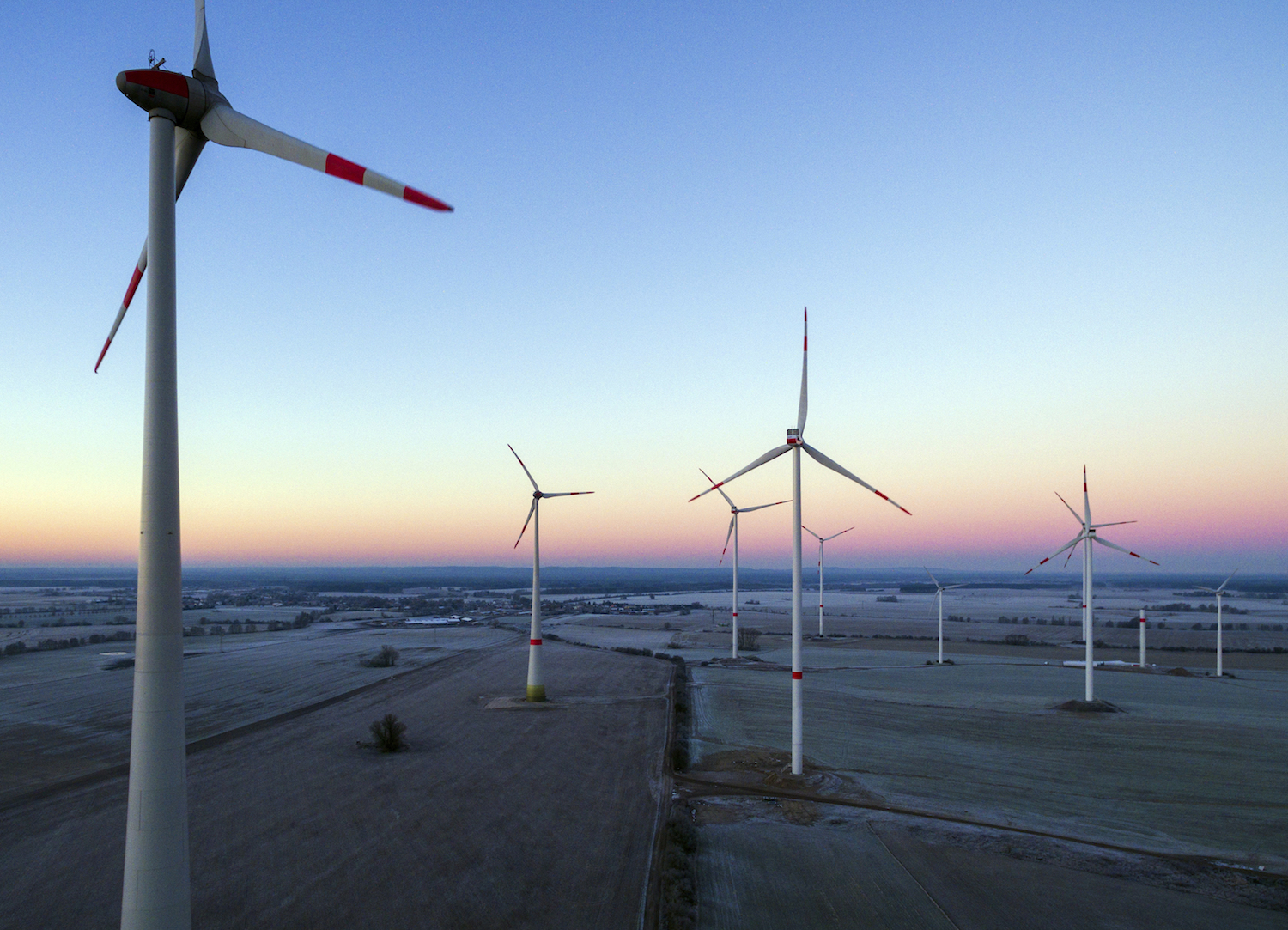New nuclear plants are “ridiculously expensive” and “uncompetitive” compared to solar power, longtime nuclear industry advocate Nobuo Tanaka explained recently. Tanaka is also the former head of the International Energy Agency.
At the same time, existing U.S. nuclear power plants are “bleeding cash,” as Bloomberg has repeatedly documented. Saving them would require a subsidy of at least $5 billion a year, according to a July 19 analysis by the Brattle Group.
But every time conservatives in Congress have had the chance to vote for the only sustainable way of saving nuclear power — by putting a price on carbon pollution that could make it more competitive — they overwhelmingly oppose it.
Conservatives in the Senate killed the cap-and-trade climate bill that passed the U.S. House back in 2009 — a bill that would have dramatically improved the economics of nuclear relative to fossil fuel plants.
A rising price on carbon dioxide emissions would instantly help the economics of emissions-free nuclear power compared to one of its biggest competitors: natural gas. Studies have shown that the nuclear fleet could be preserved with a CO2 price averaging just $20/ton.
Yet, just last week, the House passed a resolution denouncing a carbon tax. The anti-carbon tax proposal was supported by an astounding 39 GOP members of the ironically-named “Climate Solutions Caucus.”
So why do people keep trying to blame the recent failure of uncompetitive nuclear plants on Democrats? This includes Pulitzer Prize winner Richard Rhodes’ recent piece “Why Nuclear Power Must Be Part of the Energy Solution” whose summary begins “Many environmentalists have opposed nuclear power…”
Here’s the harsh reality, as Houston Chronicle business columnist explained in a piece last August: “Let it be written that environmentalists didn’t kill the nuclear power industry, economics did.”
Let’s briefly review why.
In November, an analysis by the financial firm Lazard Ltd. concluded that in many regions building and running new renewable energy is now cheaper than just running existing nuclear (and coal) plants.
In May, a Bloomberg New Energy Finance analysis found that about one-third of U.S. nuclear plants (24 out of 66) are “either scheduled to close or probably won’t make money through 2021.”
And if existing nukes are so uneconomic, it’s no shock that building and financing an entire new fleet of nuclear plants is completely unaffordable. The nuclear industry has effectively priced itself out of the market for new power plants, at least in market-based economies.
How uneconomic are new nukes? Last August, two South Carolina utilities decided to abandon construction of two nuclear plants after spending some $9 billion. They were originally expected to cost $11.5 billion but the latest projections gave at least a three-year delay and a total cost of $25 billion.
That left precisely one new nuclear plant under construction in the U.S. — Vogtle in Georgia, which also has a $25 billion price tag. That plant has been struggling financially so much that it has required $12 billion in federal loan guarantees to finish.
But even with the loans, Georgia Public Service Commission staff said last month that “even a minor delay of a few months could result in the project becoming uneconomic to continue.”
And this is not just a U.S. problem. Consider the Hinkley Point C power plant — Britain’s first new nuke in over two decades. It has also had continuous delays and cost overruns, so much so that its most recent cost estimate was reported last week at £20 billion ($26 billion) — more than 50 percent above original estimates.
Even the nuclear-friendly French — who get more than three-fourths of their power from nuclear — can’t build an affordable, on-schedule next generation nuclear plant. Just last week, the French utility EDF announced another delay and cost over-run. Power magazine reports the price tag has “ballooned to €10.9 billion (USD $12.75 billion), triple the original budget.”
The bottom line is that economics has killed nuclear power. So those who support nuclear power as a climate solution need to understand that nuclear’s only long-term hope is a price for carbon pollution that is significant and steadily rising — something that we don’t have because conservatives in Congress have steadfastly opposed it for decades.



